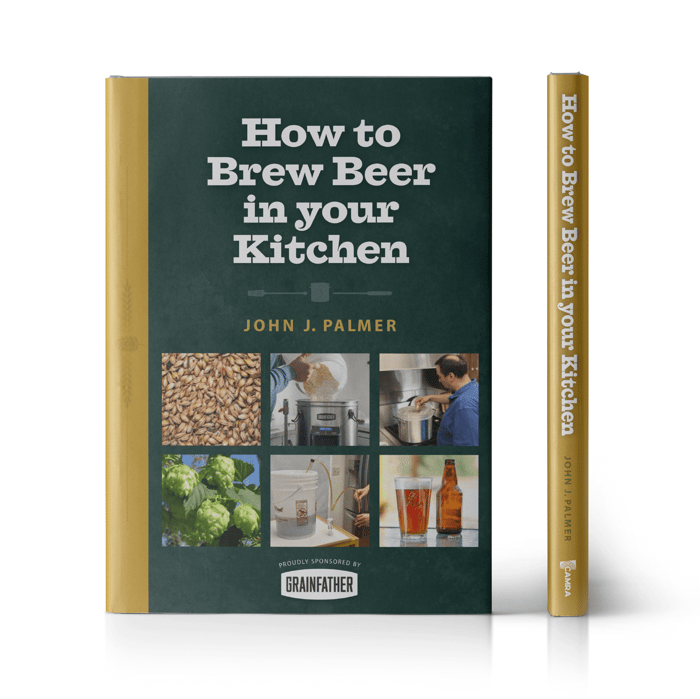Let's tackle the elephant in the brewhouse: is skipping the sparge worth it? This method's been doing the rounds in British brewing circles, promising quicker brew days without sacrificing your Sunday roast time. But as any decent brewer knows, shortcuts often come at a cost.
We decided to put this to the test properly – none of this "it should work in theory" nonsense. Real brewing, real results, real opinions from real beer drinkers.
What's All This About No Sparge Then?
The traditional British approach involves a proper sparge – rinsing your grain bed with hot water to extract every last bit of goodness. The no sparge method chucks convention out the window, bunging all your water into the mash from the get-go.
The supposed benefits:
- Shorter brew days (more time for the cricket)
- One less kettle to faff about with
- Simpler process for newer brewers
The potential drawbacks:
- High liquor-to-grain ratios mucking about with your mash
- Lower efficiency (basically wasting good grain)
- Possible impact on your beer's character
Our Head-to-Head Brewing Test
We brewed identical recipes using both methods, then ran a proper blind tasting. No bias, no leading questions – just honest feedback from people who know their beer.
The Recipe (Keeping It Proper)
Numbers:
- OG: 1.046
- FG: 1.012
- ABV: 4.6%
- IBU: 36.15
Grain Bill:
- 4.3kg Marris Otter (95.6%) – proper British base malt
- 0.2kg Crystal (4.4%)
Hops:
- 10g Nelson Sauvin at 60 minutes (14.96 IBU)
- 130g Nelson Sauvin at Whirlpool (21.20 IBU)
Yeast: Mangrove Jack's M44 – US West Coast
Working Out the Water Volumes
Traditional Sparge Method: Started with 15.65 litres in the mash (worked out from grain weight × 2.7 plus a bit extra). Needed 9.35 litres of sparge water to hit our target 18 litres pre-boil.
No Sparge Method:Added the lot together: 25 litres straight into the mash.
How the Brewing Went
Both brews went like clockwork – sometimes everything just clicks, doesn't it? Mashed in beautifully, hit temperatures spot on, and the recirculation gave us lovely clear wort on both systems.
The no sparge beer went straight to boil after draining, whilst the sparged version needed the extra fly sparge step. Both hit exactly 18 litres pre-boil – can't argue with that precision!
Final boil gravities:
- Sparged: 1.060 (63.4% efficiency)
- No sparge: 1.045 (47.52% efficiency)
That's a whopping 16% difference in efficiency – enough to make any sensible brewer wince.
The Tasting Verdict
Our blind triangle test delivered clear results: nine out of ten preferred the sparged beer, and eight correctly spotted the odd one out. The feedback was consistent – the no sparge version seemed thinner, had an odd metallic edge, and didn't show off the Nelson Sauvin's lovely tropical notes properly.
What's the Verdict for UK Brewers?
Look, both beers were perfectly drinkable – you wouldn't turn either down at the local. But there's drinkable, and then there's properly good beer. The sparged version had better body, cleaner flavours, and showcased the hops brilliantly.
Browse our range of brewing systems perfect for traditional British brewing methods
If you're brewing for a quick session and time's tight, no sparge might do. But if you're after something that'll have your mates asking for the recipe, proper sparging is worth the extra effort.
That efficiency hit alone should give most brewers pause. In a hobby where we obsess over every detail, why leave quality on the table?
Grainfather Team










